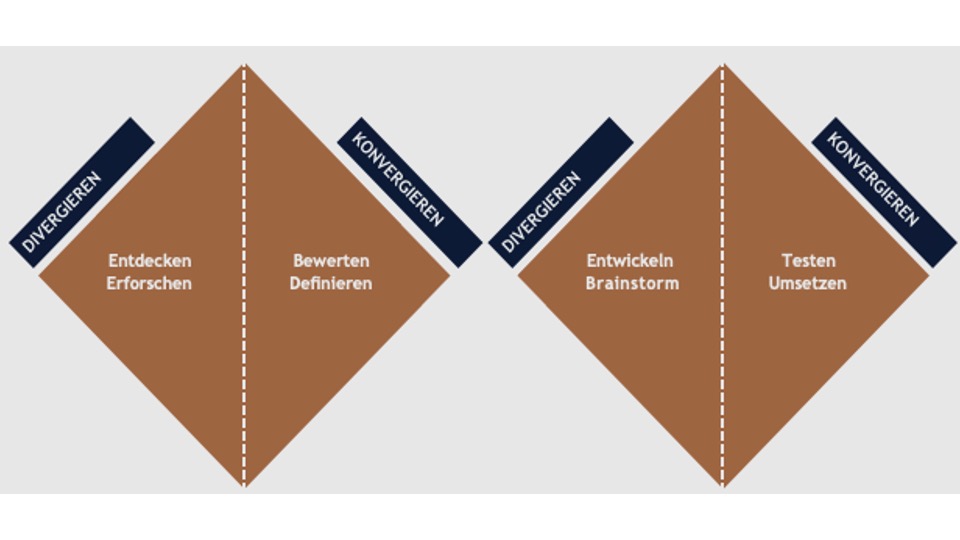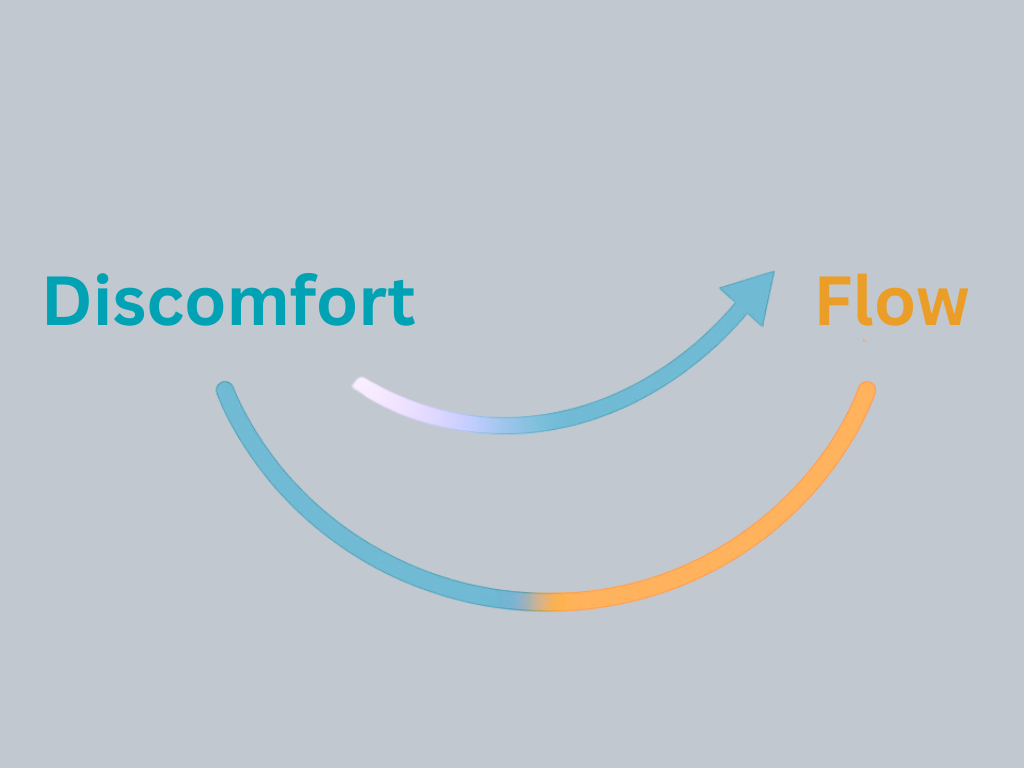Mindfulness meditation, made famous by American Jon Kabat Zinn, has now found its way into many companies. Google was a pioneer in this regard. Initial resistance in the corporate world diminished after executives in particular not only felt the benefits of stress reduction, but also the boost to entrepreneurial creativity.
The journalist Danny Penman has impressively described how mindfulness meditation promotes innovation and creativity. With different meditation content, three essential problem-solving skills can be enhanced:
- Mindfulness promotes divergent thinking, i.e. thinking that encourages ideas. In other words, meditation opens your mind to new ideas.
- Regular mindfulness practice increases attention and makes it easier to recognise new and useful ideas.
- Mindfulness fosters courage and resilience. In innovation processes, this is a great advantage when failure has to be overcome.
In a study with 29 students, the Erasmus University in Rotterdam tested the extent to which a few minutes of mindfulness meditation is enough to promote creativity.
The following challenge was set for three groups of students: What are the possible business applications for drones? Come up with as many ideas as possible! Before the brainstorming session, the three groups were prepared differently for their task. One group participated in a 10-minute guided audio meditation. A second group participated in a non-real meditation (you just let your mind wander). The third group started the brainstorming session right away.
The result was that all groups produced roughly the same number of ideas. The big difference, however, was that the meditating group came up with a much wider range of possibilities. The observers noticed that the meditation group was more positive and relaxed. The participants felt less restless, nervous and irritable.
Do you also find this topic exciting?




